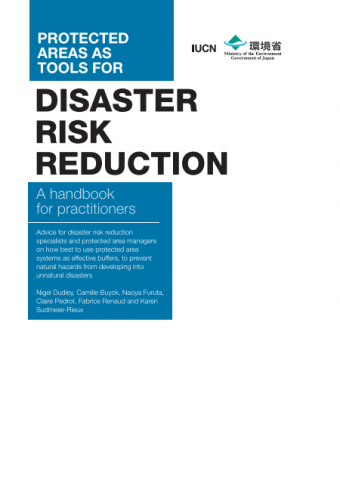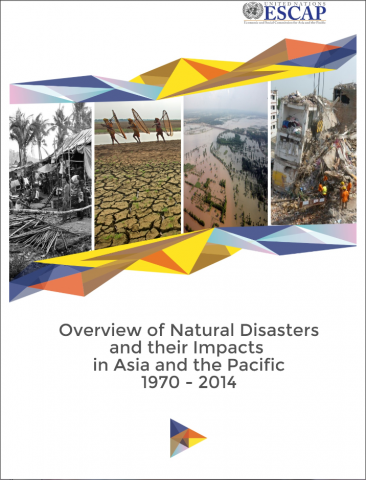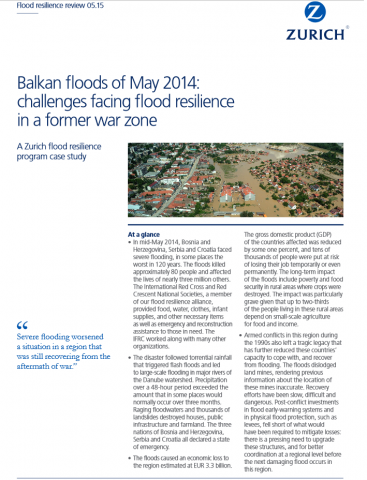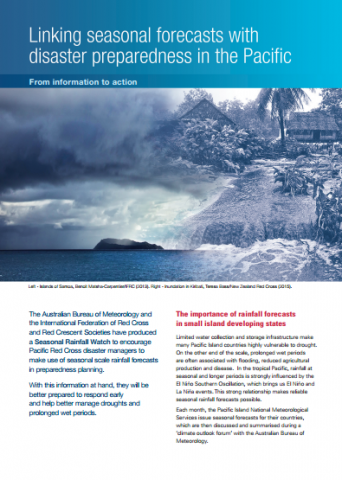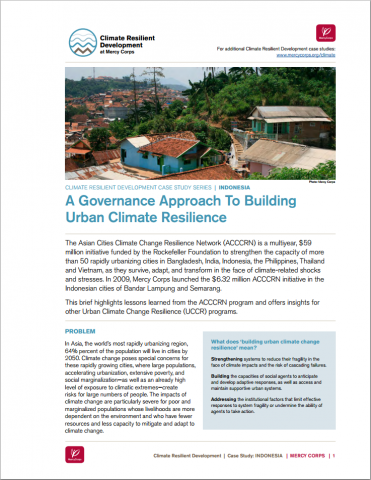Rwanda, Burundi – A Big Storm
A story set in a mix rural Rwanda and Burundi aimed at encouraging Disaster Preparedness for floods, landslides and strong winds. It follows Kagabo, a young boy who narrates first-hand what happened when his village was hit by a huge disaster and what they did as a family to reduce the impact when they were […]
Rwanda, Burundi – A Big Storm Read More »

